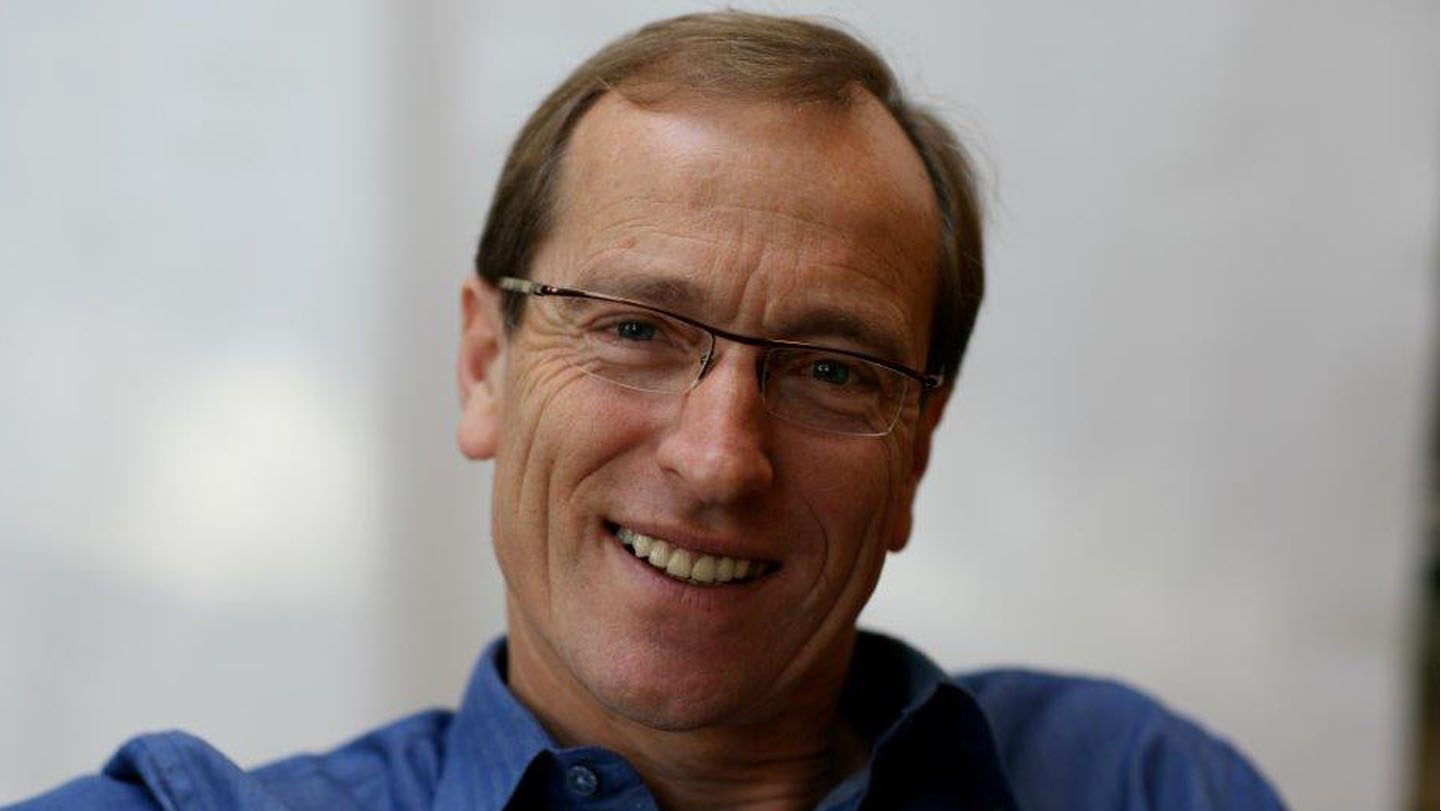Do schools look for talent in the wrong places?
That was the question with which Tomorrow’s Company embarked on its session at Anthropy 2023.
Apart from our own Jon Maguire all those speakers invited to answer this question were under 30.
Their answer echoed conclusions from other 2023 Anthropy discussions.
Too often schools are judged on two dimensions. One is the OFSTED assessment: the quality of education is assessed primarily by inspecting school delivery of the curriculum, and testing of pupils’ progress against it.
The other is the exam system.
The exam system is designed to fail 30% of pupils as Paul Drechsler had pointed out at an earlier session.
Out of this comes what Sam Kendall, Education Manager for the Eden Project Squire, described as ‘a rabid individualistic testing culture’.
Why did 39000 teachers and 1900 head teachers leave the profession last year? Could it be, as Liz Robinson, CEO of Big Education , a multi-academy trust, argued at Anthropy, because they feel they have become disconnected from their purpose?
Reboot The Future recently polled nearly 7000 teachers and educators. 85% doubted the effectiveness of the current education system in preparing pupils for the future.
Asked about the biggest challenges our young people will face in the next 20 years they identified the climate and ecological emergency, AI and technology, and polarisation and intolerance.
‘Respondents feel that the current education system emphasises values such as achievement, conformity, and tradition, which may not be the most suitable for equipping students to face future challenges, including the climate and ecological emergency. Instead, educators want to see more focus on kindness, connection, critical thinking, and empathy.’
What is the best preparation for the coming world of AI? If this is a world in which the undemanding jobs are taken by AI, the best preparation is a divergent and creative one which alerts and links students to the needs and tasks around and ahead of them.
The two things that AI cannot compete on are fresh ideas and successful relationships. Think of the greatest challenges in our society – climate change; the need for rapid innovation; the need to grow and sustain new businesses. Care and the need to help and support the ageing and the chronically ill in a humane way. Crime, justice and policing and the need to help people in the prison system to find a fresh start. All will require leadership based on strong relationships and fresh ideas.
Nothing in the current focus of school in the UK prepares people for this. Sam Squire, who runs Inspire 2 Ignite – a Cambridgeshire CIC that ‘activates young talent into industry’ – points out that only 16% of young people reported that they had received good career advice.
Do an internet search for ‘collaboration’ and you will find plenty of material about its importance to employers and none about its place in the curriculum. Yet Izzie Fernandes and Annie McCosker, founders of community organisation FLAARE argued that most young people want to understand skills like collaboration. And, they added ‘every person between the ages of 16 and 18 should learn to look after another human being’.
Meanwhile our young panellists described an adventurous series of initiatives for which they were responsible.
In autumn 2022 183000 pupils were the subject of school exclusions. Sam Squire spoke about the talent that our current system is rejecting and demoralising – and of his own organisation’s success in reinvigorating them. He described the waste of talent as ‘neurospicey young octagonal pegs in round holes’. Alex Hughes, founder of that organisation, who was in the audience, spoke of the need to develop a curriculum that flows from the community not the school.
This echoes the early experience of Tomorrow’s Company in carrying forward our work on business as a force for good into secondary school classrooms. It has been successful with the very people whom the current exam system is rejecting – students who are often physically or at least mentally absenting themselves from the classroom. When these people encounter a programme which lets them explore their potential, develop business ideas, collaborate with each other and discover and mobilise their capabilities, they are energised and gain new confidence and even see the relevance of formal education to their futures.
So where do we go from here?
As Richard Dunne founder of The Harmony Project has pointed out, the Welsh Government has devolved responsibility of much of the curriculum to individual schools, allowing them to educate ‘in their place, in their way’ – rooting their lessons in their local communities and drawing inspiration and content from the surrounding areas (for example, those schools near the coast will ultimately develop an expertise of that particular environment).
This is a step towards a curriculum that flows from the community.
And what if a new government, without ignoring the immediate resource crisis it will inherit, commissioned a proper inquiry in which young people under thirty came up with their own answer to the question
‘What is School For’?
Do schools look for talent in the wrong places? Certainly. After our Anthropy discussions, I’d go further. Our schools and curriculum are not designed or organised to look for talent. We need to reshape them. Let’s listen to the voice of young people when we do so.
Mark Goyder is the Founder of Tomorrow’s Company and Senior Advisor to the Board Intelligence Think Tank He is the co-author, with Ong Boon Hwee, of Entrusted – Stewardship For Responsible Wealth Creation, published by World Scientific.
